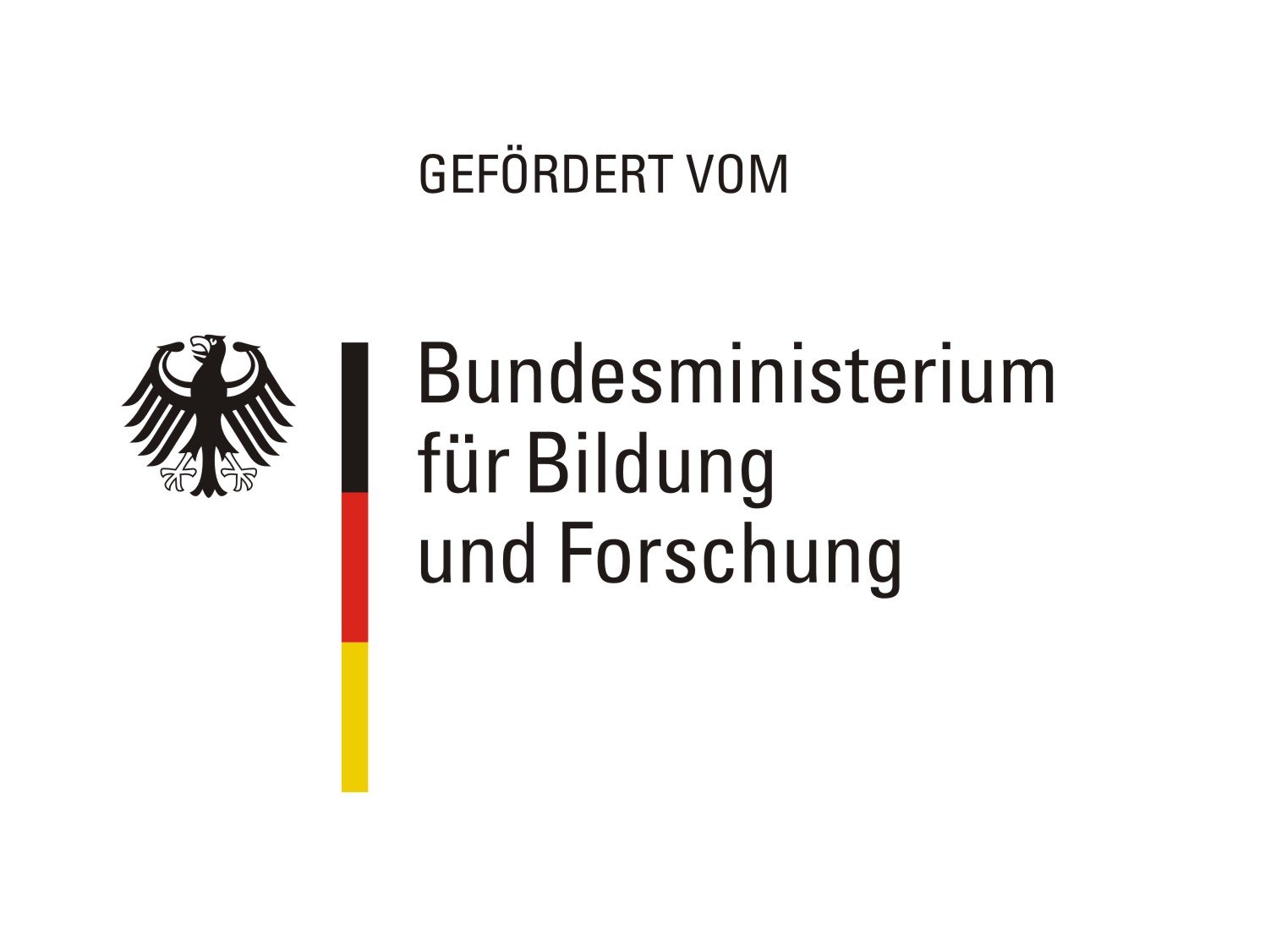Information for
international students
Information for
international students
In the university guide "Hochschulkompass" you can do a selective and combined search for study courses.
HochschulkompassWhat kind of subjects and study courses are available?
The study courses on offer in Germany are extremely varied. There are many undergraduate courses, that is, study courses which lead to a first degree. You can only acquire a detailed overview of your chosen field of study by contacting the course guidance department at the university directly - however, you will find a general overview of your area of study on the internet.
In the university guide on the HRK website you can do a selective and combined search for study courses, degrees and type of university for both undergraduate and postgraduate study courses.
The website studienwahl.de provides detailed general information. If you already know what you want to study, you can search for a university that offers that course of study.
You can search for international programs on the DAAD website.
Choosing and beginning your study course in Germany will be much easier for you if you get to know the procedure and requirements of studying early on.
- How are your studies structured?
- Is there a particular order in which you have to do courses or sit examinations?
- Is your study subject offered at both universities of applied sciences and at general universities?
- What are the differences in the courses?
There are lots of questions to be answered! The point of contact for questions to do with your choice of studies is the students' advisory service at the university.
What kind of graduation qualifications are there?
Typical university degrees in Germany are Bachelor degrees, followed by Master degrees and in some cases PhD. The standard period of study for a Bachelor degree program is 6-8 semesters (full-time studies). Master degree courses require a first university degree and usually take 2-4 semesters (full-time studies). In the course of the so-called Bologna process, most traditional German degrees, such as „Magister“ or „Diplom“, have been replaced by the above-mentioned degrees.
Some study programmes, e.g. medicine or pharmacy, conclude with a „Staatsexamen“ (State examination). In contrast to Bachelor and Master degrees, where the course of study is concluded with a university examination, the final examination for a so-called „Staatsexamen“ is organised by a state committee.


